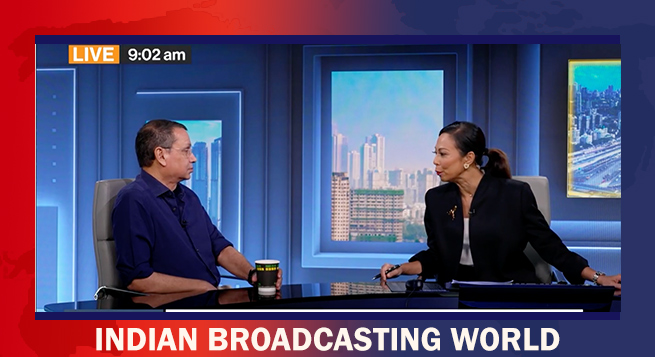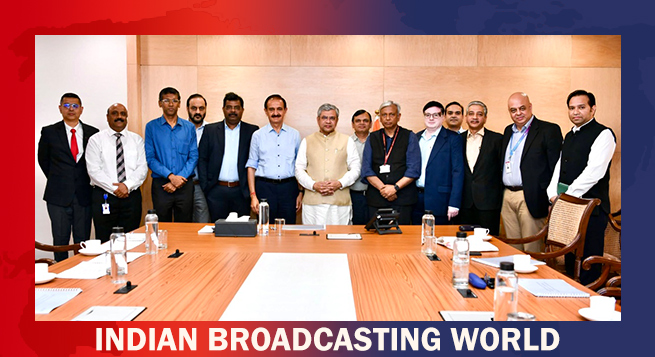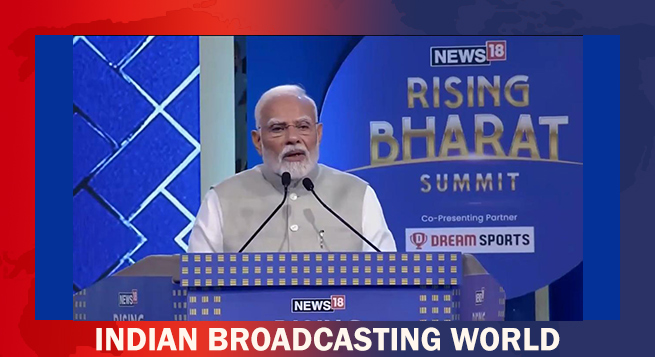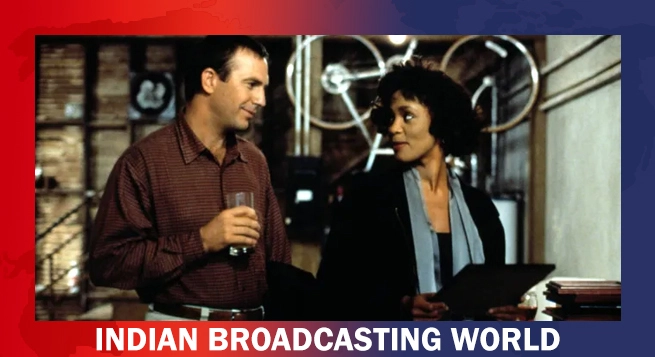A new audience research commissioned by UK’s media and telecoms regulator Ofcom reveals viewers’ attitudes towards commercial references in and around TV programmes.
In addition to income from adverts in commercial breaks, broadcasters can generate revenue from references in programmes. These commercial arrangements allow brands, products and services to feature in and around TV programmes – through product placement or in sponsorship credits, for example. These references to brands and products are an established part of TV programmes, Ofcom said earlier this week.
Ofcom’s rules in this area protect audiences from excessive advertising and ensure that viewers can distinguish between advertising and programmes.
To help the regulator understand the issue of commercial references in and around programmes, Ofcom carried out a small survey. In summary, the regulator found out the following points:
# Participants generally accepted commercial references as an established part of the TV landscape, although, beyond product placement and sponsorship, awareness of the variety of such references in programming was low, as was participants’ understanding of whether they were paid for or not.
# Participants wanted to be able to clearly distinguish advertising from programming, so they could make informed decisions on how they engaged with the content.
# Participants did not want commercial references to interrupt their viewing. For example, they were less tolerant of commercial references that ‘break the flow’ of a programme, are irrelevant to its theme or are overly prominent.
# There were concerns that commercial references should be suitable for those watching, particularly younger audiences. Participants wanted those most at risk of being influenced by a commercial reference to be safeguarded from potential harm.
# Many participants considered it important the brands whose commercial references appear in programming were ethical and their values and practices not considered harmful to society or vulnerable audiences.
“We will use these findings to help us consider whether to update our guidance to these rules. Given the economic pressures broadcasters currently face, we will explore what flexibility we might be able to provide around the commercial arrangements they use to fund their programmes, while ensuring that viewers’ interests remain protected,” Ofcom said in a statement.
 JioStar vice-chair Uday Shankar on surge in streaming subs, trade tariff challenges
JioStar vice-chair Uday Shankar on surge in streaming subs, trade tariff challenges  AIDCF team discusses industry issues with Vaishnaw
AIDCF team discusses industry issues with Vaishnaw  PM Modi: WAVES will empower Indian content creators go global
PM Modi: WAVES will empower Indian content creators go global  Meta rolls out ‘Teen Accounts’ feature to FB, Messenger
Meta rolls out ‘Teen Accounts’ feature to FB, Messenger  Sri Adhikari Brothers join hands with Maruti Films for ‘Dhamaal 4’
Sri Adhikari Brothers join hands with Maruti Films for ‘Dhamaal 4’  Warner Bros to remake ‘The Bodyguard’
Warner Bros to remake ‘The Bodyguard’  Priyanka to reunite with Hrithik Roshan in ‘Krrish 4’
Priyanka to reunite with Hrithik Roshan in ‘Krrish 4’  Nawazuddin Siddiqui to headline ZEE5’s ‘Costao’
Nawazuddin Siddiqui to headline ZEE5’s ‘Costao’  Zee Telugu unveils ‘Drama Juniors’ S8
Zee Telugu unveils ‘Drama Juniors’ S8 








